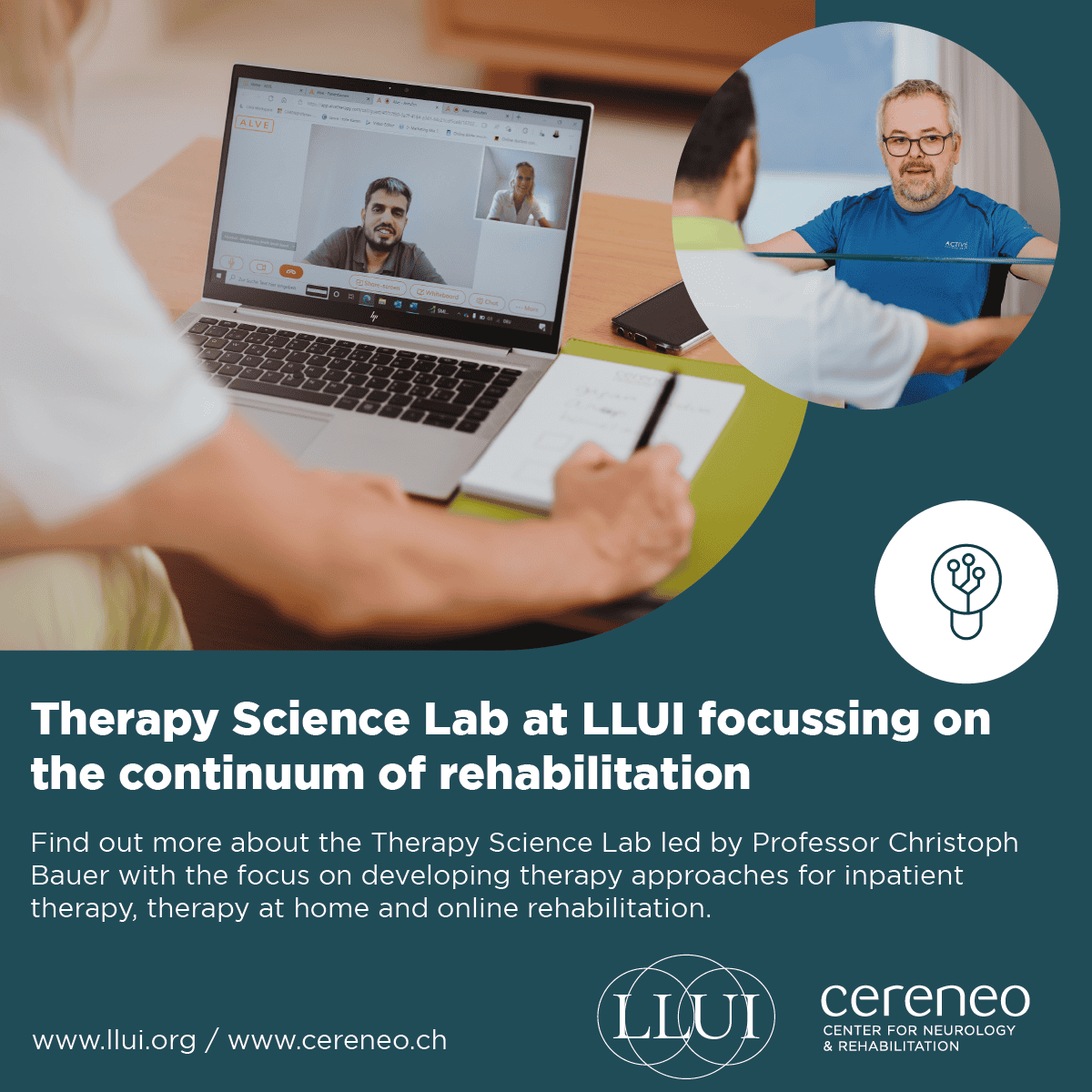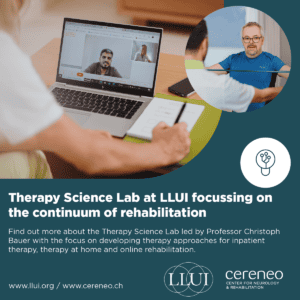Multiple sclerosis (MS) is a chronic autoimmune disease that affects the central nervous system, which includes the brain and spinal cord. The disease can progress in different ways, with symptoms often occurring in episodes.
What is Multiple Sclerosis?
You can imagine your nervous system as a network of wires transmitting messages between your brain and the rest of your body, so your body functions normally, such as walking or reaching for something. In MS, the immune system, which normally protects you from illness, mistakenly attacks the protective covering of these wires, called myelin. This damages the myelin and can eventually cause the wires themselves to become damaged. This disrupts the flow of messages between the brain and the body, leading to a variety of symptoms.
Symptoms of Multiple Sclerosis
Symptoms can vary greatly from person to person. The most common symptoms include sensory and visual disturbances lasting days to weeks, as well as muscle paralysis. Common symptoms include fatigue, difficulty walking, numbness or tingling in the limbs, muscle weakness, vision problems, dizziness, and problems with coordination and balance. These symptoms can come and go, and they can range from mild to severe.
What are the causes of MS?
The exact cause of MS is still unknown. Researchers believe it’s a combination of genetic, environmental, and immune system factors. For example, certain genes might make some people more likely to develop MS, or something in the environment, like a virus or toxin, might trigger the immune system to attack the nervous system.
There is currently no cure for MS, but there are treatments available that can help manage symptoms and slow down the progression of the disease. It is most often diagnosed in adults between the ages of 20 and 40, but it can occur at any age.
Diagnosis of MS: What can be done?
MS is usually diagnosed based on a combination of symptoms, medical history, and tests like MRI scans and spinal fluid analysis.
MS must be treated early with drugs that slow down the immune system’s attack on the brain and spinal cord. If neurological symptoms occur and do not heal, neurorehabilitation is important to cure or reduce deficits. In addition, patients can positively influence the course of the disease by living a healthy lifestyle, including regular exercise, a balanced diet, no smoking and managing stress.
Rehabilitation at cereneo
At cereneo, we tailor therapies to our patients’ individual needs, offering personalized treatment with a therapist on a 1:1 basis. We also accompany patients beyond an inpatient stay supporting them with therapy at home or online therapy sessions.
Learn more about treatment options for MS in an online consultation with one of our neurologists.
Overall, MS is a complex condition that can have a significant impact on a person’s life, but with proper management and support, many people with MS are able to lead fulfilling lives.









